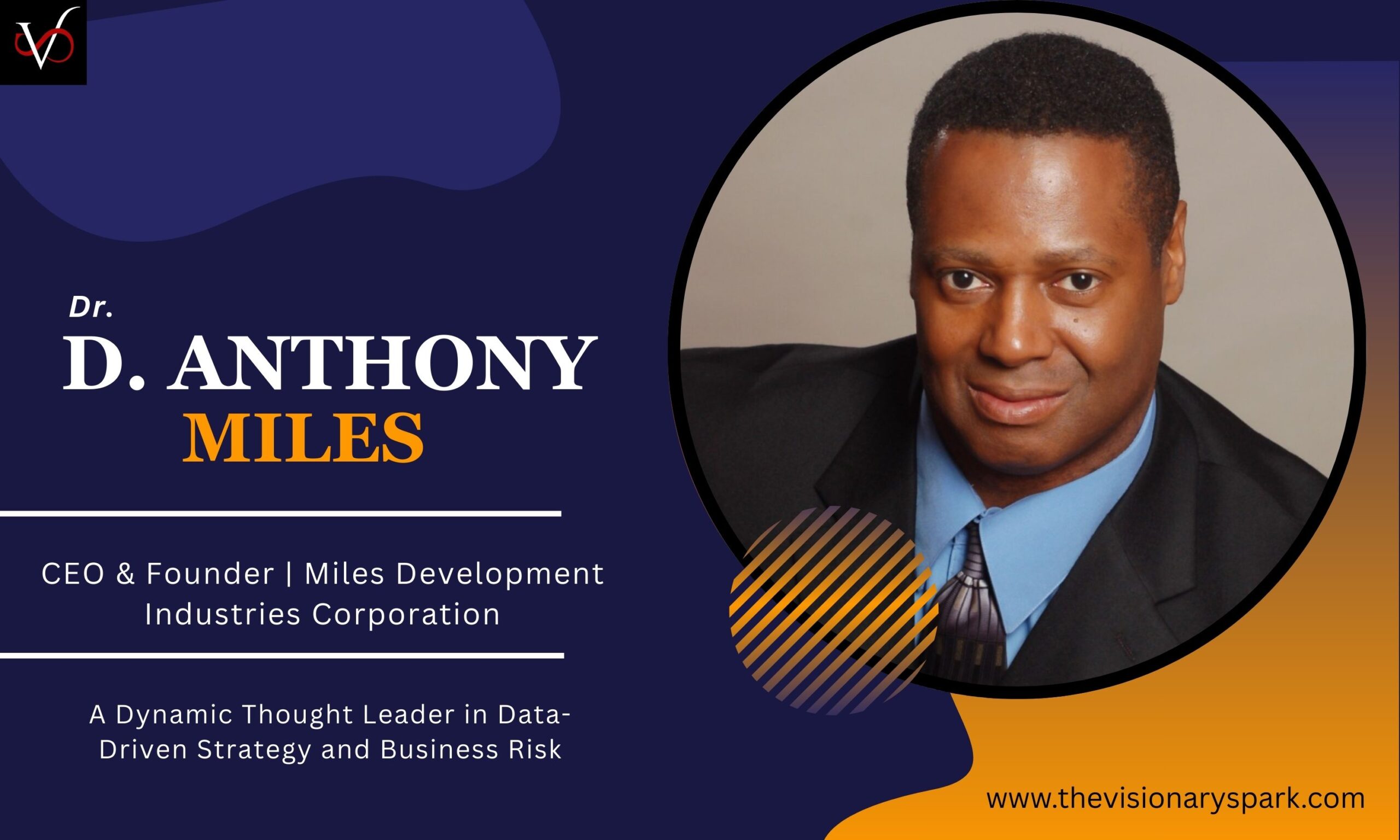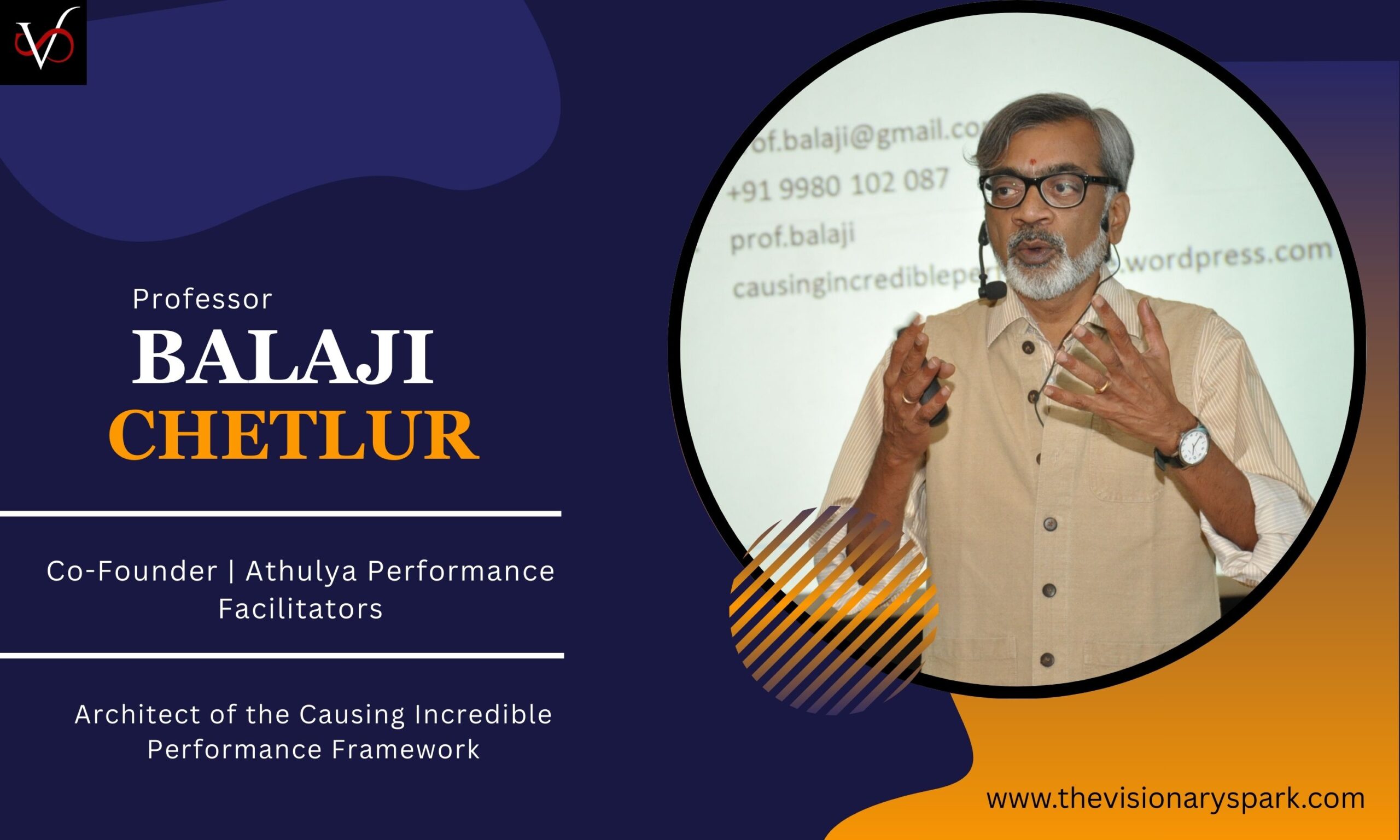In today’s business landscape, where disruption is the norm and trust is the most valuable currency, the role of governance leaders has never been more critical. Among the voices shaping this evolving conversation, Gabriela Guimarães stands out as a powerful force redefining how organizations approach compliance, ethics, and sustainable growth. With her deep expertise and visionary perspective, Gabriela has emerged as one of the most influential governance leaders of 2025—someone who is not only guiding organizations to mitigate risks but also inspiring them to embrace governance as a pathway to trust, innovation, and resilience.
What makes Gabriela’s leadership distinctive is the way she bridges the gap between regulation and purpose. In her view, compliance is not just a mechanism to avoid penalties—it is the framework that strengthens stakeholder confidence and enables long-term impact. In a global climate where businesses face scrutiny over sustainability, data privacy, and ethical standards, Gabriela’s insights remind leaders that governance is not a burden but an enabler of credibility and innovation. Her career and philosophy offer lessons for both established corporations and emerging startups navigating the complex terrain of responsibility in the digital age.
Gabriela’s work underscores a simple but powerful idea: ethics and efficiency must coexist. Too often, organizations treat governance as an afterthought, reacting to regulatory changes or external pressure. Gabriela challenges this reactive model by promoting proactive governance strategies, embedding compliance into organizational culture rather than treating it as a checklist. This shift, she argues, not only reduces risks but also fuels competitiveness. After all, in a hyperconnected world, trust can make or break an enterprise. By aligning governance with purpose, Gabriela enables organizations to thrive sustainably while maintaining transparency with their stakeholders.
One of Gabriela’s most impactful contributions has been reframing the role of governance professionals themselves. Instead of being perceived as gatekeepers or enforcers, she positions them as partners in innovation. Governance, in her words, should not limit progress but ensure that progress is inclusive, responsible, and enduring. This redefinition resonates deeply with today’s generation of leaders who recognize that customers, employees, and investors are not just looking for financial returns—they are seeking authenticity and accountability. Gabriela’s leadership philosophy equips executives to meet these rising expectations with confidence.
Her approach to compliance is grounded in pragmatism. She acknowledges that organizations often struggle to balance the costs of compliance with the urgency to scale operations and compete globally. Instead of prescribing rigid models, she encourages context-driven governance—tailoring frameworks to the size, industry, and maturity of each organization. This flexibility makes her strategies adaptable across regions and sectors, particularly valuable in an era of rapid globalization. From family-owned enterprises in emerging markets to multinational corporations navigating complex regulatory environments, Gabriela’s guidance offers clarity in times of uncertainty.
In 2025, one of the recurring challenges leaders face is managing reputational risk. With social media amplifying every misstep and consumers increasingly vocal about corporate accountability, organizations can no longer afford to operate behind closed doors. Gabriela consistently emphasizes that transparency is not optional—it is fundamental. Companies that attempt to hide or downplay compliance failures risk long-term damage that far outweighs the short-term benefits of concealment. Instead, she advocates for cultivating cultures of openness, where mistakes are acknowledged, corrected, and used as learning opportunities. This proactive stance not only safeguards reputation but also reinforces trust with stakeholders.
Beyond compliance, Gabriela’s vision extends into the realm of sustainability. She is a strong advocate for governance models that integrate environmental and social responsibility into corporate strategies. For her, sustainability is not a public relations campaign or a symbolic gesture—it is an operational imperative that shapes long-term resilience. Businesses that ignore sustainability risks, from climate change to labor rights, expose themselves to vulnerabilities that could jeopardize their future. By embedding sustainability into governance frameworks, Gabriela shows leaders how to future-proof their organizations while contributing positively to society.
Another distinguishing feature of Gabriela’s leadership is her focus on people. Governance is often discussed in terms of processes, audits, and frameworks, but Gabriela humanizes the concept by emphasizing the role of individuals. She believes that governance only succeeds when it is lived daily by employees across all levels—not when it exists solely in boardroom policies. To achieve this, she encourages leaders to invest in training, awareness programs, and ethical leadership development. By empowering individuals to make responsible decisions, organizations build governance cultures that are resilient, adaptable, and deeply ingrained.
For today’s leaders, Gabriela’s philosophy offers practical guidance. She advises executives to move beyond the mindset of compliance as a cost center and instead view it as a strategic investment. Just as technology drives efficiency and marketing drives growth, governance drives trust. Trust, in turn, fuels customer loyalty, investor confidence, and employee engagement. In a world where disruption is constant, trust becomes the stabilizing force that ensures continuity and progress. Gabriela’s insights push leaders to make governance a central pillar of their strategy rather than a reactive obligation.
Her influence is particularly relevant for organizations operating across regions with varying regulatory standards. As globalization accelerates, companies face the daunting task of reconciling different compliance requirements while maintaining consistent values. Gabriela’s approach—anchoring governance in principles rather than rigid rules—provides a way forward. Principles such as transparency, accountability, and fairness transcend borders, offering a unifying framework even when laws differ. This perspective equips global businesses to remain ethical and agile without compromising their competitive edge.
Gabriela’s journey also illustrates the importance of resilience in leadership. Like many professionals navigating governance, she has witnessed the pressure of crises, from regulatory shifts to corporate scandals. Rather than seeing these as setbacks, she views them as opportunities for renewal. Every challenge, she argues, is a chance to strengthen governance systems and reaffirm values. This mindset transforms governance from a defensive mechanism into a forward-looking tool for growth. By adopting resilience as a leadership trait, Gabriela inspires organizations to embrace uncertainty with confidence rather than fear.
Her philosophy resonates deeply with the younger generation of leaders, who are entering an environment marked by rapid change, digital disruption, and heightened societal expectations. Gabriela’s message to them is clear: leadership is not about avoiding risk but about embracing responsibility. Ethical governance, she emphasizes, is not only the right thing to do but also the smart thing to do. Organizations that prioritize ethics are better positioned to attract talent, retain customers, and build partnerships in a world where values matter as much as profits.
Looking ahead, Gabriela envisions a future where governance becomes inseparable from innovation. She believes that ethical frameworks will not hinder but accelerate progress in fields such as artificial intelligence, biotechnology, and digital transformation. As these technologies reshape industries, governance will provide the guardrails that ensure innovation benefits society rather than harms it. By aligning governance with technological change, Gabriela is shaping a vision of the future where ethics and innovation advance hand in hand.
The impact of Gabriela Guimarães in 2025 cannot be overstated. She represents a new generation of governance leaders who see beyond compliance and towards purpose. Her work challenges organizations to think differently about their responsibilities—to stakeholders, to society, and to future generations. By reframing governance as a driver of trust, sustainability, and resilience, Gabriela is not only guiding organizations today but also leaving a legacy that will shape the future of corporate leadership.
For professionals, executives, and entrepreneurs alike, her example is a reminder that true leadership is not measured by titles or profits alone but by the integrity and responsibility with which power is exercised. In a time of global complexity, Gabriela Guimarães offers a vision of clarity: a world where governance is not just a safeguard but a strategy for growth, a source of trust, and a pathway to lasting impact.







Leave a Reply